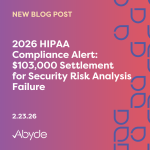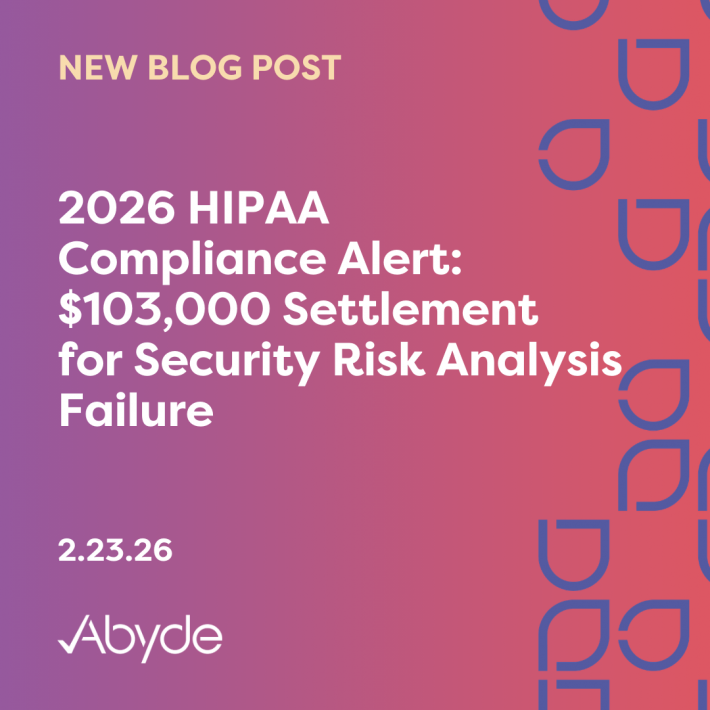February 15, 2024
Picture this: you’re a doctor, feeling proud after helping a patient overcome a challenge. You snap a selfie with them, post it on your clinic’s Instagram, and bam! Instant HIPAA violation.
We’ve seen how social media is about more than just staying connected with friends and family. It’s become a powerful tool for reaching new audiences and having meaningful interactions with other users.
If used correctly, social media can be an awesome tool to educate and share the resources your practice provides easily to patients.
However, it is important to use social media wisely and know how crucial it is to protect patient information. Social media can be a slippery slope to HIPAA violations if misused. That’s why we’re here today to share with you the best tips and practices for your social media.
The Less Information, The Better
- Under the Privacy Rule, sharing Protected Health Information publicly online is prohibited. This includes the likeness and image of a patient, which cannot be shared without a media consent form.
- This affects all communication online, including reviews online.
- When responding to feedback online, the less information, the better. Keep it brief and kind, and be sure to not say anything identifiable!
- For example, thanking someone’s nice comments about your practice is totally acceptable, but going into detail about a specific appointment is a no-go!
- If patients turn to social media to ask specific questions about their care, direct them to a secure channel instead. You’ll be able to answer their questions, while also protecting their data. Now, that’s a win-win!
Double Check Before Posting
- While this is good practice for all social media posts, it rings especially true in healthcare.
- When sharing photos of your practice, make sure no patients are in the frame since, without permission, would be a HIPAA violation.
- Additionally, if sharing pictures of your practice, make sure no PHI is accidentally on computer screens, files, etc. in your image.
- When answering responses, take a second to reflect if your response is appropriate and HIPAA compliant, especially if it’s in response to a negative review. No review is worth getting your practice in trouble for, and as the saying goes, if you have nothing nice to say, say nothing at all.
Have Media Consent Forms Signed
- When using a patient’s likeness, image, or testimonial, it is imperative to have them sign a media consent form.
- By having this form signed, you can share these in a HIPAA-compliant manner.
- Abyde can help you with this, by having a media consent form created for your practice in the software.
While your journey to be famous online might not be as easy as cute cat videos, by prioritizing HIPAA compliance on social media, you can confidently utilize technology to engage with audiences without compromising their privacy.
Social media can be complicated, but compliance doesn’t have to be with Abyde. Abyde offers a thorough security risk analysis that dives into not only social media use but all facets of your practice. Abyde also has interactive training, policies and procedures, forms, and more, for your practice to utilize. To learn more about simplifying compliance for your practice, email us at info@abyde.com and schedule a demo here.





